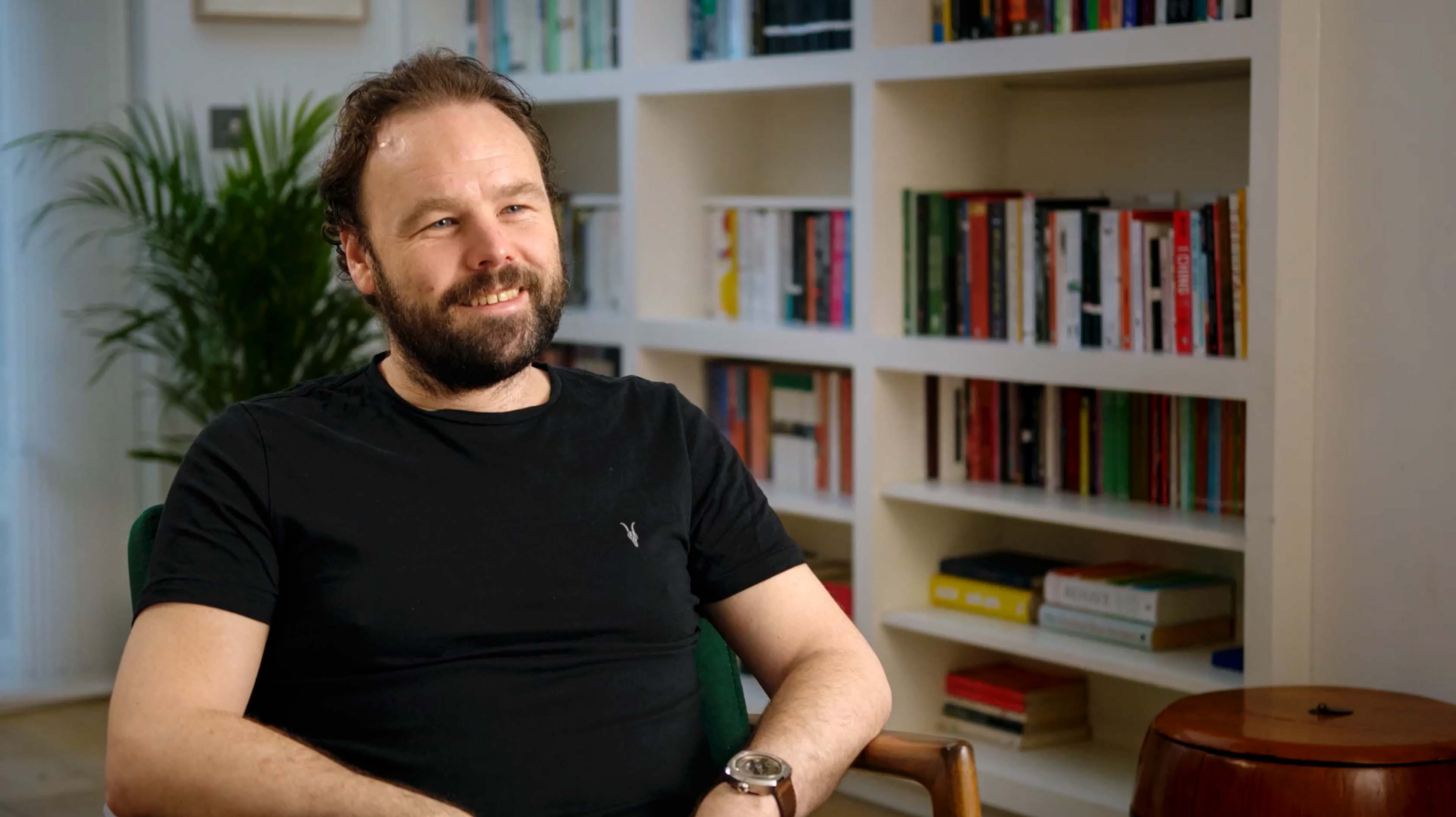
Amazon's Interview Process
Former CFO at Deliveroo & Finance Director, EMEA, Amazon
inpractise.com/articles/hiring-amazon-talent-philipgreen
Why is this interview interesting?
- The pillars of Amazon's talent selection process
- Audit mechanisms in the recruitment process
- Leadership starts with a focus and a deep interest in people. Without people, there's nothing to lead.
Philip Green
Former CFO at Deliveroo & Finance Director, EMEA, Amazon
Interview Transcript
How did Amazon look at developing a leadership pipeline or talent pool?
I think in the early days, the rigour around recruitment was probably the most important thing. I defined it as a straitjacket when I first arrived; interviewing people on competency and being very focused on, “You have a job to play in this interview, and you’re interviewing on two competencies.” That’s your job, being incredibly focused and saying, “This is what I’m here to do, and if I don’t do it well, I’m letting the entire team down.”
When you’re interviewing somebody, you’re part of a team. That was a real, first sense of commitment. I’ve got to represent the team properly and do a good job on the competencies. I’ll get called out if I haven’t. I’m going to have to sit down and present my feedback on the competencies, and people will question my feedback, why I came to that decision based on the questions I asked.
There’s even a lot of audit mechanisms around that recruitment process. You go back to, “How do I create greatness?” If you’re not doing good interviews, people will stop asking you to interview people. If you’re doing great interviews, you’ll get asked to do more of them. Having people who are great at interviews doing more of them, they get better, and the people around them will realise what good looks like as well. You’re constantly improving the quality of the organisation, and that should lead you to better recruitment decisions.
Attitude and experience matter, but then you get away from traditional things. People often mislead experience for a CV. Experience is never written on a CV; it’s just where you worked and how long. Experience is through conversation and getting into examples of what people actually did. That’s where we dive into what experiences people have had.
Copyright Notice
This document may not be reproduced, distributed, or transmitted in any form or by any means including resale of any part, unauthorised distribution to a third party or other electronic methods, without the prior written permission of IP 1 Ltd.
IP 1 Ltd, trading as In Practise (herein referred to as "IP") is a company registered in England and Wales and is not a registered investment advisor or broker-dealer, and is not licensed nor qualified to provide investment advice.
In Practise reserves all copyright, intellectual and other property rights in the Content. The information published in this transcript (“Content”) is for information purposes only and should not be used as the sole basis for making any investment decision. Information provided by IP is to be used as an educational tool and nothing in this Content shall be construed as an offer, recommendation or solicitation regarding any financial product, service or management of investments or securities.
© 2025 IP 1 Ltd. All rights reserved.


